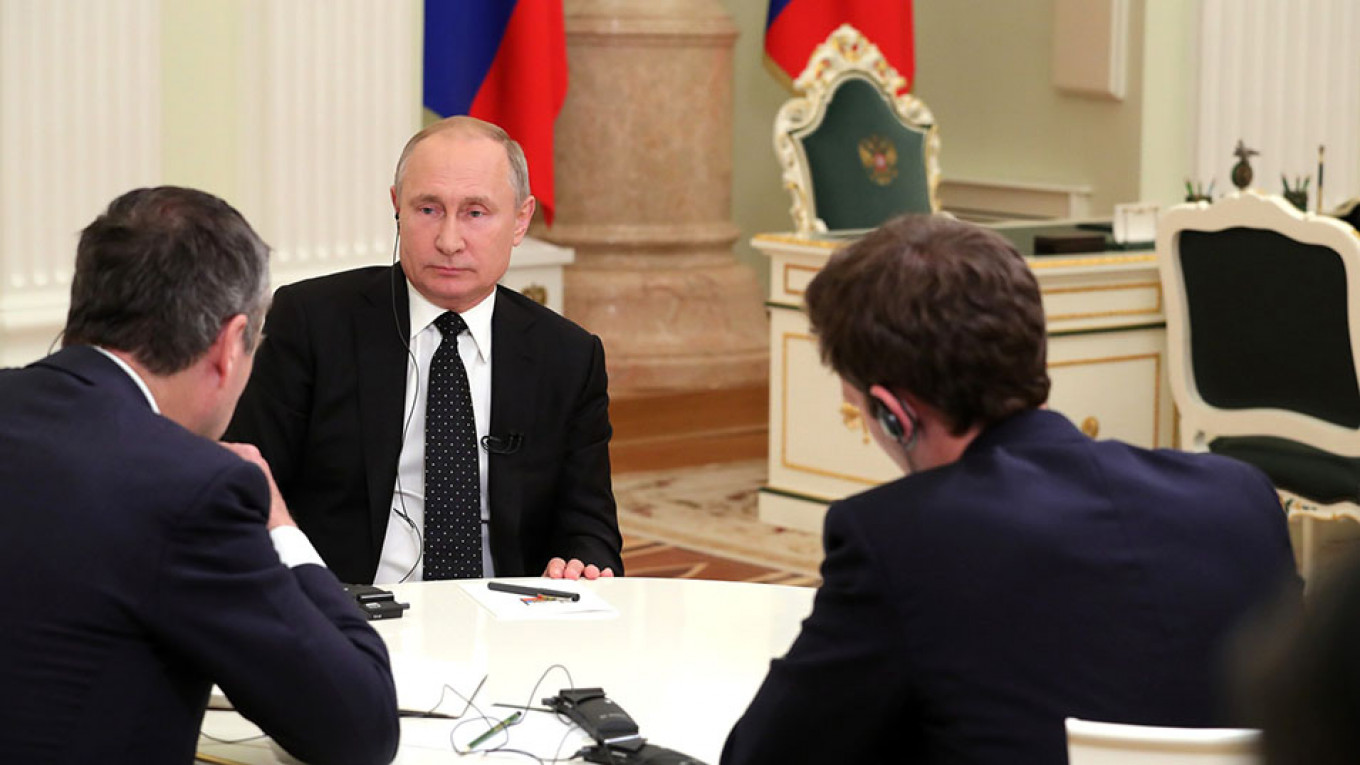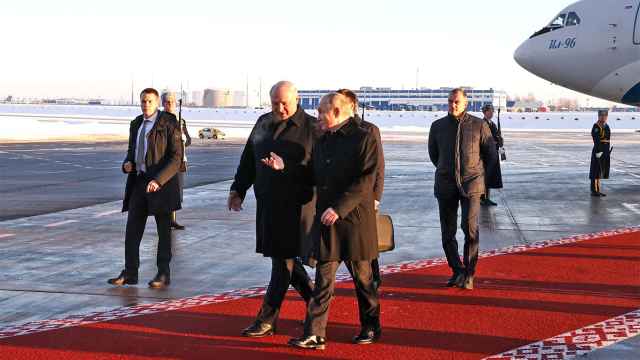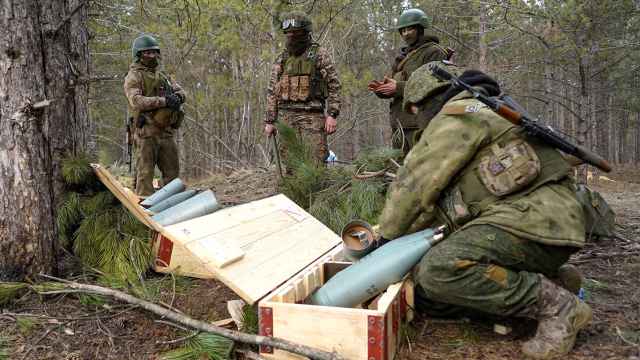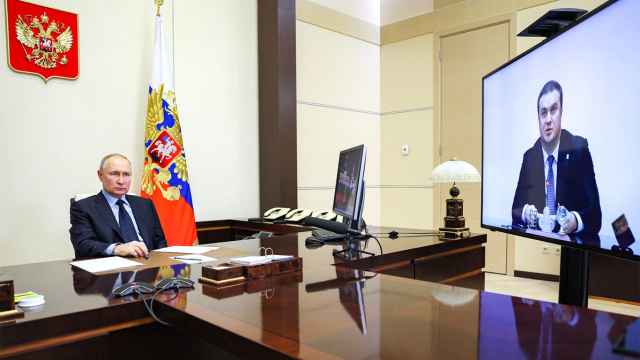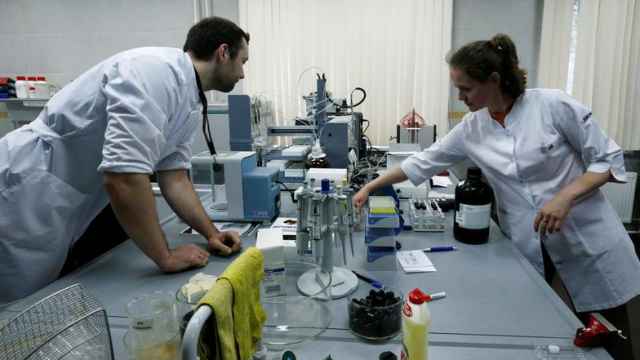In an interview with the Financial Times last week President Vladimir Putin proclaimed that the liberal idea is dead, arguing that it has become divorced from the interests of most people.
The reactions were for the most part difficult to parse. Some seemed surprised that Putin would so clearly align himself with illiberalism, but they must have been distracted. Putin was never a liberal. Others were more anxious than surprised, fearing that Russia will be actively supporting illiberal movements abroad. But that too is hardly new or interesting.
What then is the import of the statement? Should we just ignore it and move on? What was Putin trying to achieve with his proclamation?
I see two main goals.
First, Putin was trying to make the point that liberalism is no longer an attractive idea for Russians. And — one should not be afraid of saying it — he is not completely wrong about that.
I see very little evidence that Russians yearn for contemporary liberal values. A majority of Russian public opinion expresses reservations about feminism or multiculturalism, for example. They remain suspicious of openness and praise the regime’s assertive foreign policy. They are happy with how safe Russian cities have become — Moscow now feels much safer than Brussels — even if poverty is all too apparent.
Russian intellectuals like to greet their visitors from the West with numerous stories about how it is still possible to speak about everything and joke about everything in Russia, while in Europe or America new cultural taboos have been created. This is true only in a very limited respect, of course, but that is the respect that Putin is interested in and where he hopes to find common cause with intellectual elites.
In Russia, it is not common to hear jokes about Putin. Journalistic investigations into the connections between the political and the business worlds can be grimly punished. But jokes about sexual minorities or the public disparagement of feminism are generally well received.
If those things attract you, Russia itself might be an attractive place. I have long speculated that twenty years from now young people all over the world may look to Europe, Russia and China as three distinct philosophies of life. If they want to live in the future, they may want to move to China with its cult of technology and change. If they prefer to enjoy the moment, Europe and its cafe life will be ideal. But if they want to live in the past — think of the series Westworld — Russia can offer limitless possibilities and adventures in what Putin called traditional values. No feminism, traditional gender roles and old-fashioned toughness and grit.
Russians are attracted to liberal values, but those are the values of an older liberalism: the values of a free press and the separation between politics and business, the value of the individual against the machinery of the state and a career open to talents. By identifying liberalism with feminism and gay and transsexual politics, Putin is effectively telling Russians: this is what liberalism has become, do you still want it?
There is a second reason for Putin to be interested in post-liberalism and that is the Kremlin’s search for a way out of its current predicament. Remember that all previous plans to modernize the Russian economy have failed. Every year Russia experiences more and more difficulty competing with the West and China in advanced technology and its economy continues to rely on fossil fuels. Growth oscillates in response to changes in oil prices.
The problem is that there is no viable way out of this predicament. Europe continues to be very suspicious of contemporary Russia, and for good reason, while China is not the kind of friend one would wish to embrace too closely.
Putin has therefore placed all his hopes in a European change of heart. If the conservatives and reactionaries gaining ground in Europe would become the dominant force there, Russia and the European Union could join hands, without the need for any contrition in Moscow. Every time I visit Moscow I am treated to a series of detailed questions about whether I think populism is growing.
It would be 1989 in reverse. This time it would not be Russia but Europe to go through a traumatic conversion to foreign ideas. It is easy to see how the prospect would please someone who has never really accepted the collapse of the Soviet Union.
That Europe would embrace traditional values would be for Russia a moment of salvation, rescuing it from both isolation and economic assimilation by China.
It is not surprising that Putin should dream about the end of liberalism in Europe and that sometimes those dreams will find their way into his conversations. If the liberal idea is indeed dead, Russia may still have a chance.
A Message from The Moscow Times:
Dear readers,
We are facing unprecedented challenges. Russia's Prosecutor General's Office has designated The Moscow Times as an "undesirable" organization, criminalizing our work and putting our staff at risk of prosecution. This follows our earlier unjust labeling as a "foreign agent."
These actions are direct attempts to silence independent journalism in Russia. The authorities claim our work "discredits the decisions of the Russian leadership." We see things differently: we strive to provide accurate, unbiased reporting on Russia.
We, the journalists of The Moscow Times, refuse to be silenced. But to continue our work, we need your help.
Your support, no matter how small, makes a world of difference. If you can, please support us monthly starting from just $2. It's quick to set up, and every contribution makes a significant impact.
By supporting The Moscow Times, you're defending open, independent journalism in the face of repression. Thank you for standing with us.
Remind me later.



